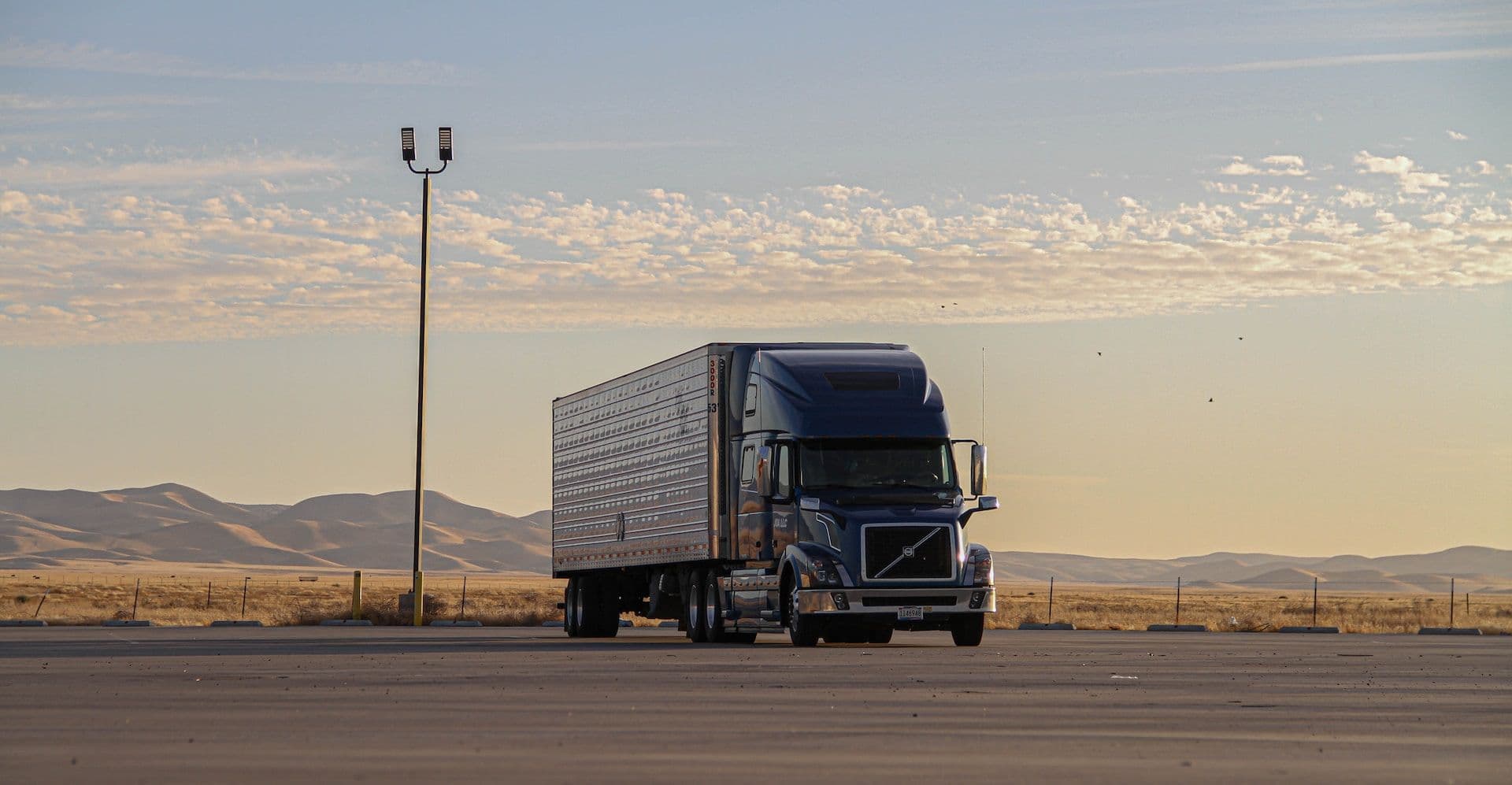Airbus Grounds BelugaST: Oversized Cargo Service Faces Turbulence
Airbus has shut down its new for-hire cargo airline focused on transporting oversize shipments using the distinctive Beluga superfreighter due to operational challenges and weak demand for the service. This move marks a strategic retreat for Airbus in the niche market of heavy-lift cargo.
The aerospace manufacturer announced last week the termination of Airbus Beluga Transport (AiBT), the specialized airfreight business launched last March for hauling outsize cargo. This decision, Airbus confirmed, comes after a series of operational hurdles that overshadowed demand concerns.
French business daily Les Echos was the first to report on Airbus' decision to ground the third-party cargo service, resulting in a significant loss of jobs. While Airbus emphasized that the primary issue was operational, experts like Brian Davis, commercial director for Neo Air Charter, believe that cumbersome internal procedures and costly charters hindered competitiveness.
Why BelugaST Faced Headwinds
The BelugaST, although capable of carrying oversize loads, was limited by its weight capacity and the requirement for specialized loading equipment. With a maximum payload of 44 tons, the aircraft couldn't transport heavier industrial equipment like tanks or generators as efficiently as its competitors such as the Antonov An-124 or Boeing 747.
Loading and unloading the BelugaST required a trained crew and special scaffolding-based equipment, making the process time-consuming and reducing its appeal. The logistical complexity further reduced its business potential, completing only six missions for external clients in 2024.
Challenges and The Road Ahead
With Airbus' internal aircraft design office rigorously approving payloads for safety, operations were bogged down by procedural necessities. AiBT's fleet of four BelugaSTs, now parked in Toulouse and Bordeaux, France, reflects Airbus' cautious assessment of the aircraft's future utility under Airbus Transport International's certificate.
As logistics firms and air charter brokers like Neo Air Charter's Davis bemoan the scarcity of ultralarge freighters, especially amidst geopolitical tensions reducing aircraft availability, the closure of AiBT signifies a gap in the market. Future strategies for air cargo might necessitate innovations to replace aging giants like the Antonov An-124.
The BelugaST's design—modeled after an A300-600 and adorned with beluga whale-inspired features to transport vast aircraft sections within Europe—showcased Airbus' foresight but also its engineering limitations. While the BelugaST had the largest cross-section of any transport aircraft, its inability to carry ultra-heavy items or sustain long flights diminished its competitive edge against rivals.
Recommendations for Further Reading
For those interested in how airlines manage the transportation challenges of oversized cargo, consider reading more on the developments in freighter aircraft innovations.
- Learn about the Challenge Group's new 777 converted freighter.
- Discover Emirates' strategic lease of additional Boeing 747 freighters.
- Explore Starlux Airlines' commitment to the [Airbus A350 freighter](Help Center).
The post "BelugaST fleet goes belly-up as Airbus closes cargo airline" appeared first on FreightWaves.

